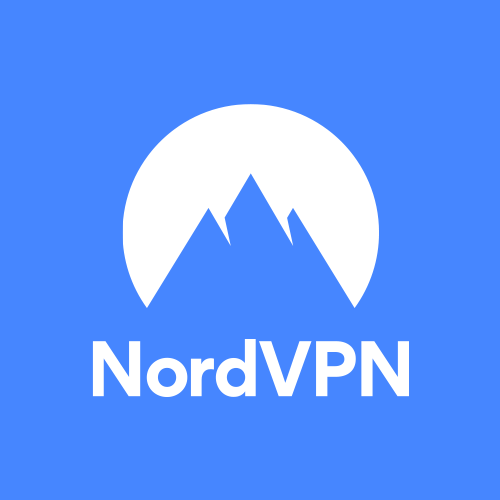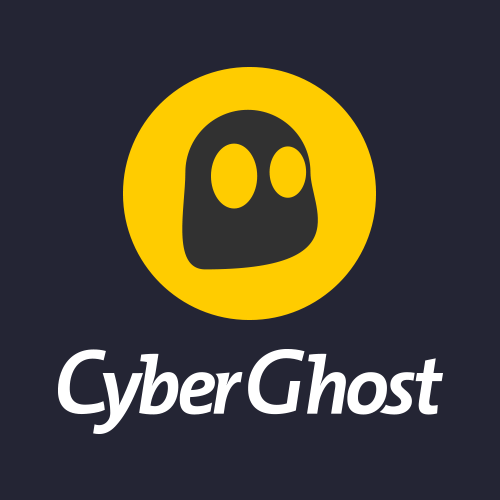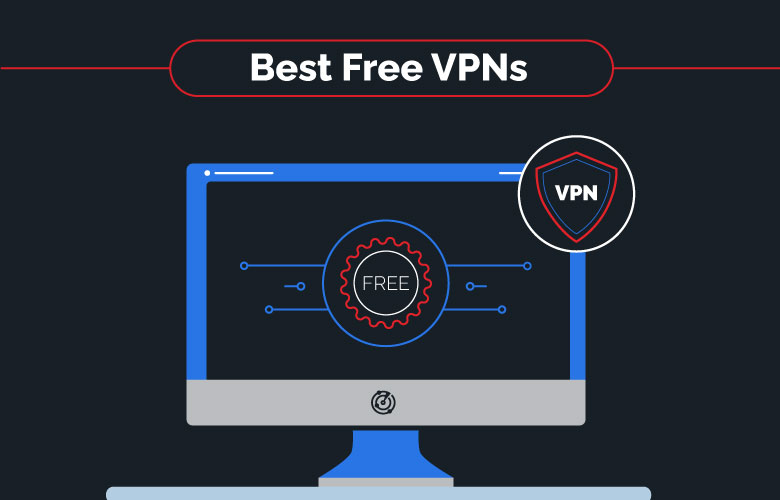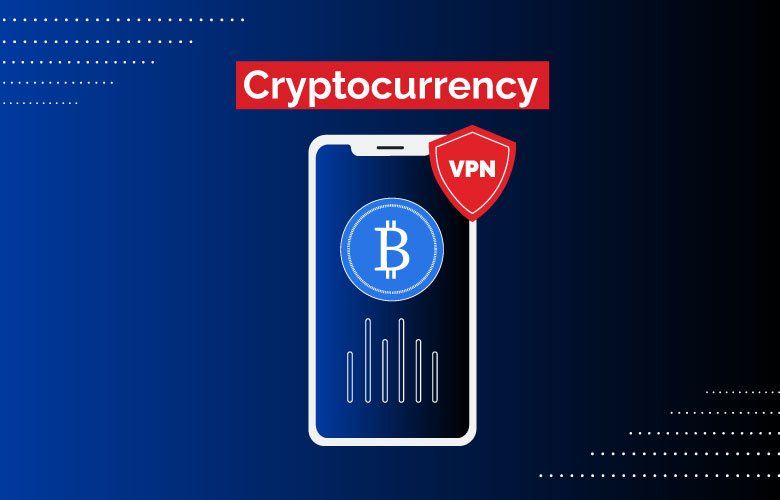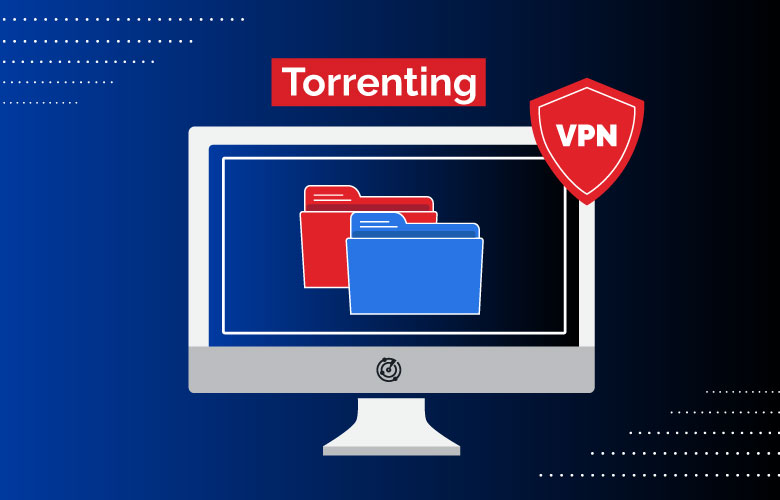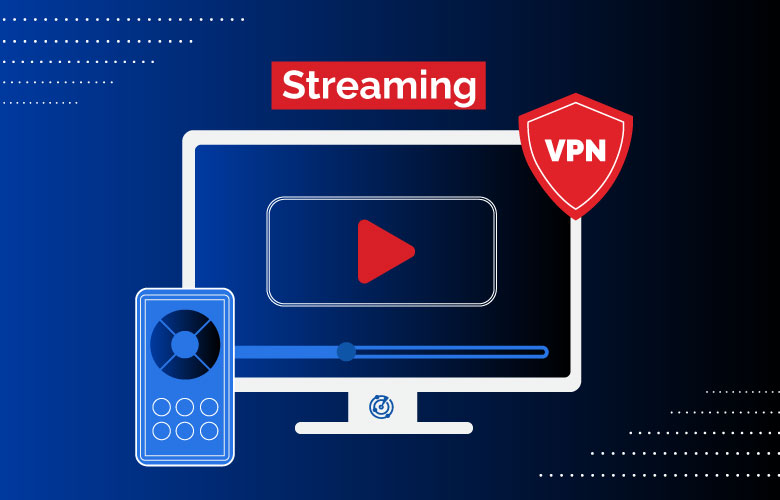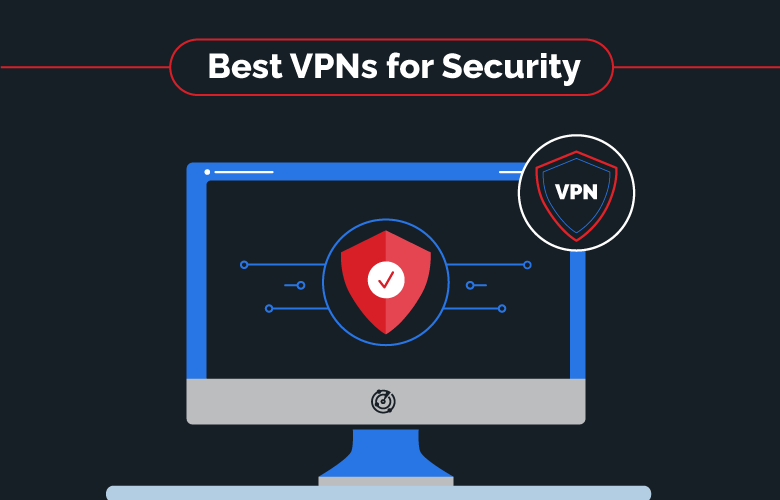
Disclaimer: Partnerships & affiliate links help us create better content. Learn how.
Bullet-proof security serves as an important feature for VPN customers who want to keep their online information safe. Leading VPNs make it their mission to protect users against relentless cyber criminals trying to steal sensitive information for their gain.
Top security VPNs come with strong encryption protocols, a kill switch, and leak protection that help prevent potential breaches. We reviewed top-rated VPNs on these criteria and found the best VPNs for security in 2026.
Top 5 VPNs for Security
pros
- Sleek app that's easy to use
- Vast array of security features
- Fast download speeds
cons
- Expensive short-term plan
- Does not accept PayPal
- Basic browser extensions
NordVPN secures all user data with AES 256-bit encryption and never collects user logs. In addition, it offers a host of advanced features such as DoubleVPN routing, a kill switch, and CyberSec (i.e. ad-blocker) for further protection.
The NordVPN app is also easy to configure and runs “Onion over VPN” and WireGuard (branded as NordLynx) protocols for secure tunnels between your device and VPN server. Even if you think you have nothing to hide online, you likely don’t want the information below getting into the wrong hands:

On top of reliable security, NordVPN delivers fast connection speeds with a network that’s optimized for torrenting and streaming. A subscription offers up to 6 simultaneous device connections and an ample 30-day money-back guarantee for you to test the waters.
For more in-depth information, read our NordVPN Review.
pros
- Fast, secure & easy to use
- Supports torrenting/P2P
- Up to 7 devices per subscription
cons
- No OpenVPN option on Mac and iOS
- UK-based ownership
- Router config. requires a learning curve
It also secures all data with AES 256-bit encryption over OpenVPN and provides an automatic kill switch feature to safeguard your personal information. Moreover, CyberGhost offers built-in features like IPv6, DNS, and WebRTC leak protection and 24/7 live chat support should you have any issues.
In addition, CyberGhost is great for streaming and torrenting. It has a massive network that includes 80+ dedicated streaming and P2P-optimized servers. A subscription includes up to 7 simultaneous connections and a 45-day money-back guarantee for new users.
For more in-depth information, read our full CyberGhost VPN review.
pros
- Great value for the money
- Top pick for unblocking streaming sites
- Unlimited device connections
cons
- Based in the Netherlands
- Slow upload speeds on far-away servers
From a security perspective, Surfshark runs a fairly large network of over 3,200 servers that are backed by AES 256-bit encryption, multi-hop protection, and a zero-logs policy. In addition, Surfshark has a user policy that does not restrict bandwidth (partly thanks to its ability to hide users from ISP monitoring and therefore speed throttling) and allows access to restricted websites via its “NoBorders Mode” feature. NoBorders helps users circumvent most geoblocks in restrictive countries like China and Australia.
With a single subscription, you get unlimited device connections, multiple VPN client options, and a 30-day money-back guarantee just to be safe.
Explore everything this provider has to offer in our full Surfshark VPN review.
4. Private Internet Access
Add to Compare
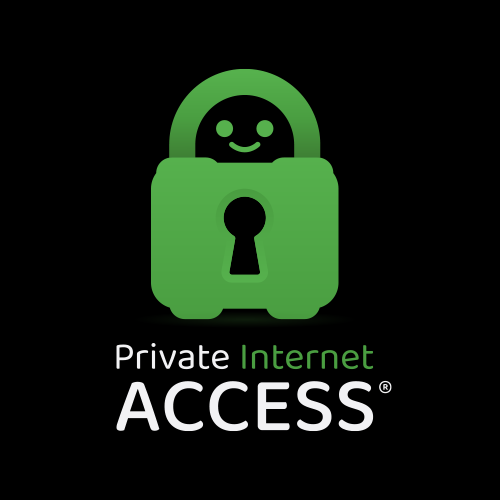
Long-standing provider with robust security features
Visit Private Internet Accesspros
- Affordable premium subscriptions
- Up to 10 simultaneous connections
- Secure & customizable encryption
cons
- Room for interface improvements
- Limited advanced features
- Lacking recent no-logs policy audit
Packed with advanced settings and an attractive VPN app, Private Internet Access (PIA) is among the best secure VPNs out there. You can protect up to 10 devices at once with a subscription and get industry-standard AES 256-bit encryption and other protocol options like IKEv2/IPSec, WireGuard, SOCKS5, and OpenVPN (TCP/UDP) for airtight security.
PIA also offers a feature called split tunneling that allows users to route certain device traffic through an encrypted VPN server while other non-essential devices or apps connect directly to the internet. This helps protect the data you want without losing connection to local network devices.
Overall, PIA is a safe VPN and will back you up with the security you need to prevent any data breaches. They’re an easy set-and-forget service.
For more in-depth information, read our Private Internet Access VPN Review.
pros
- Supports torrenting & P2P
- Dynamic IP addresses
- Zero-logs policy
- No IP address/DNS/IPV6 leaks
- Unlimited connections
cons
- Cluttered interface
- Under 5 Eyes surveillance
- Doesn’t work in China
IPVanish employs end-to-end encryption using AES 256-bit encryption as well as multiple VPN protocols like OpenVPN/IKEv2 to secure your data transfers at all times. Its key security features include DNS/IP/WebRTC leak protection, port selection, split tunneling, and an automatic kill switch.
With a single account, you get unlimited simultaneous device connections, access to over 1,900 servers, and compatibility across most major platforms and devices. New to VPNs? IPVanish offers a 30-day money-back guarantee to let you test it out before fully committing.
To learn even more about this provider, read our full IPVanish VPN Review.
Security VPN FAQs
- How secure is a VPN?
- What is OpenVPN?
- How safe is AES 256-bit encryption?
- Does a VPN protect you from hackers?
1. How secure is a VPN?
VPNs have varying levels of security. Quality services will follow industry standards, though, with military-grade AES 256-bit encryption and OpenVPN protocol that secures user data while connected to the internet.
2. What is OpenVPN?
OpenVPN is an open-source VPN protocol that enables people to run secure internet connections. It uses an OpenSSL library and military-grade AES 256-bit encryption over UDP (User Datagram Protocol) to establish a secure “tunnel” between a VPN server and the VPN client.
Since it is open-source code, it is constantly being inspected by third parties and improved upon. For this reason, most VPN providers offer OpenVPN by default.
Note: this is not to be confused with OpenVPN Inc. which is a VPN service of its own.
3. How safe is AES 256-bit encryption?
Advanced Encryption Security (AES) 256-bit encryption is virtually impenetrable using standard computing technology. AES is a symmetric key cipher that uses 128-bit data blocks that would take a hacker billions of years of computing power to crack.
For example, you would need to check 2256 different combinations to verify the key that matches both the encryption and decryption. That’s an astronomically large 78 digit number.
It was initially created for federal government purposes, but it is now the standard for secure encryption. Most trusted VPNs use this method of security by default.
4. Does a VPN protect you from hackers?
A VPN helsp to mask your IP address and encrypt your online activity. In certain use cases, this does protect you against hackers that require your IP address to penetrate your system or device.

